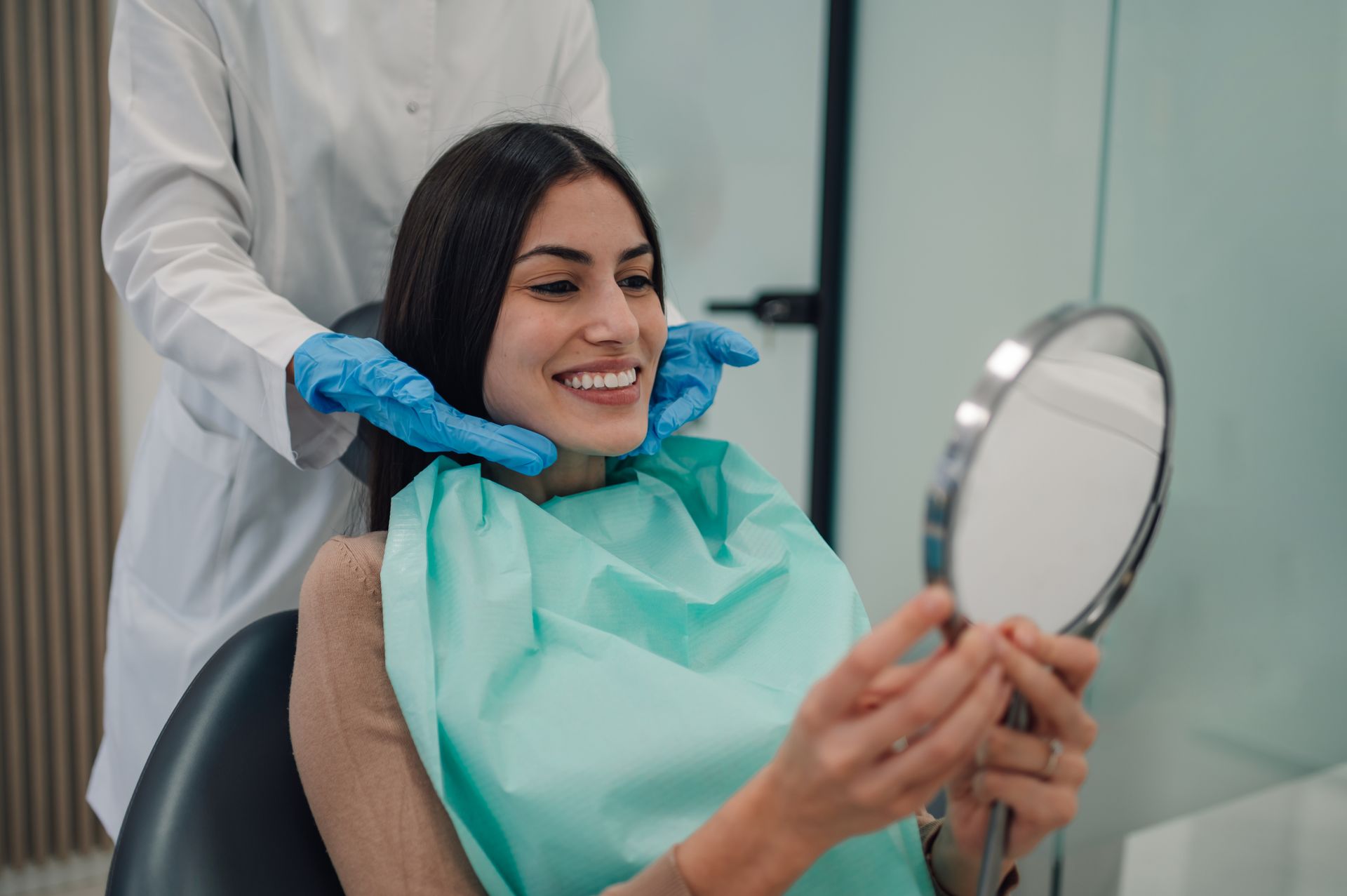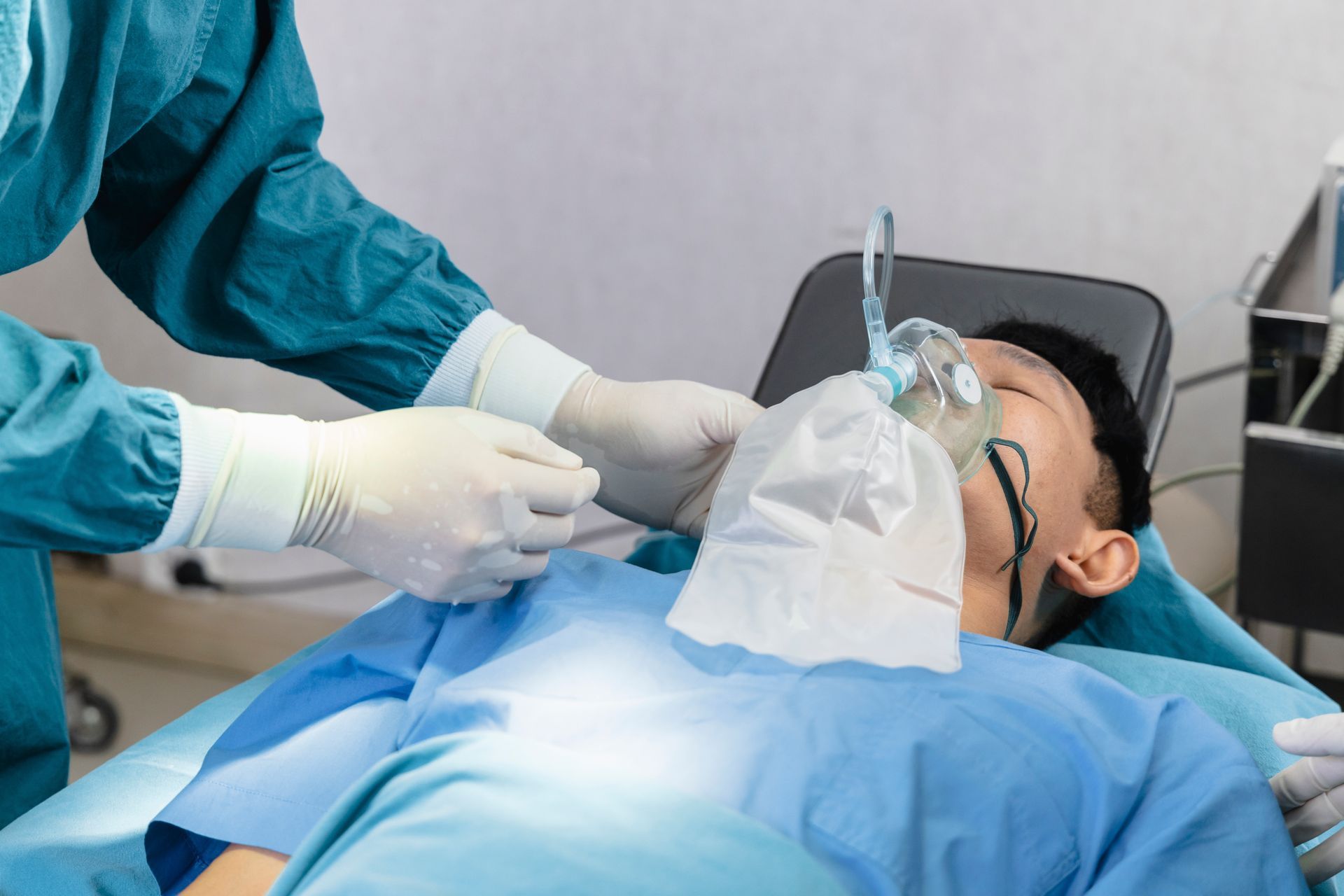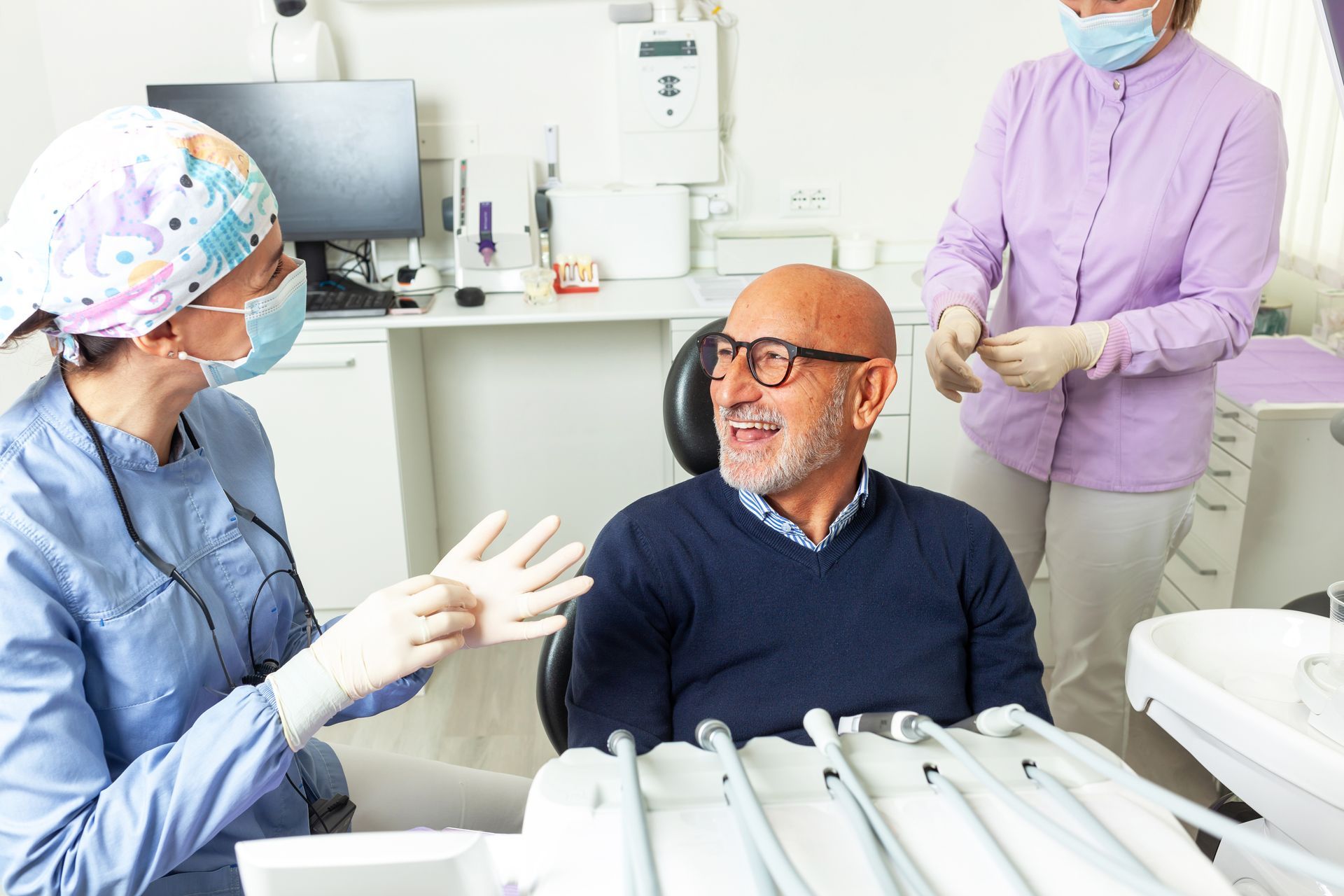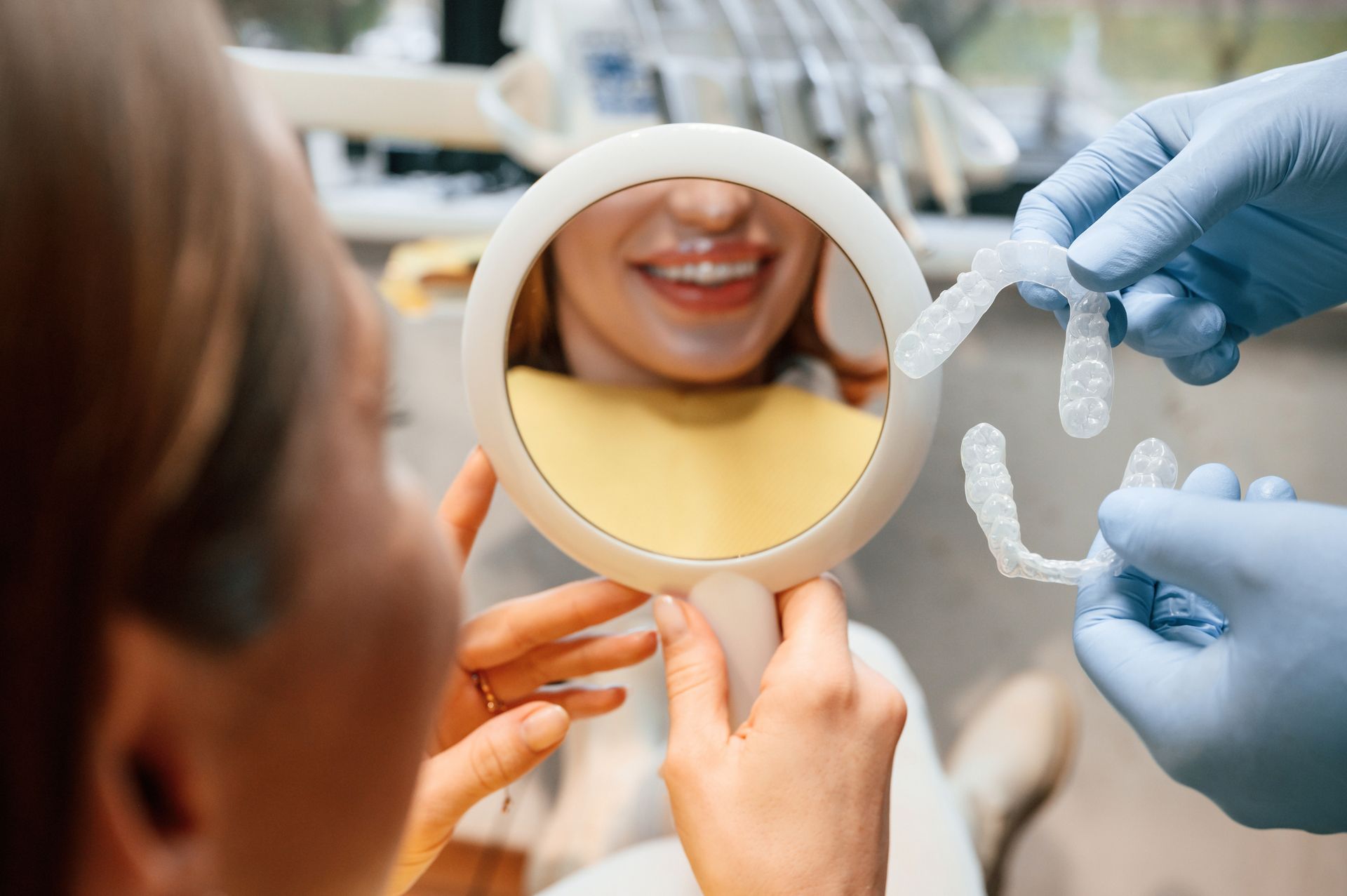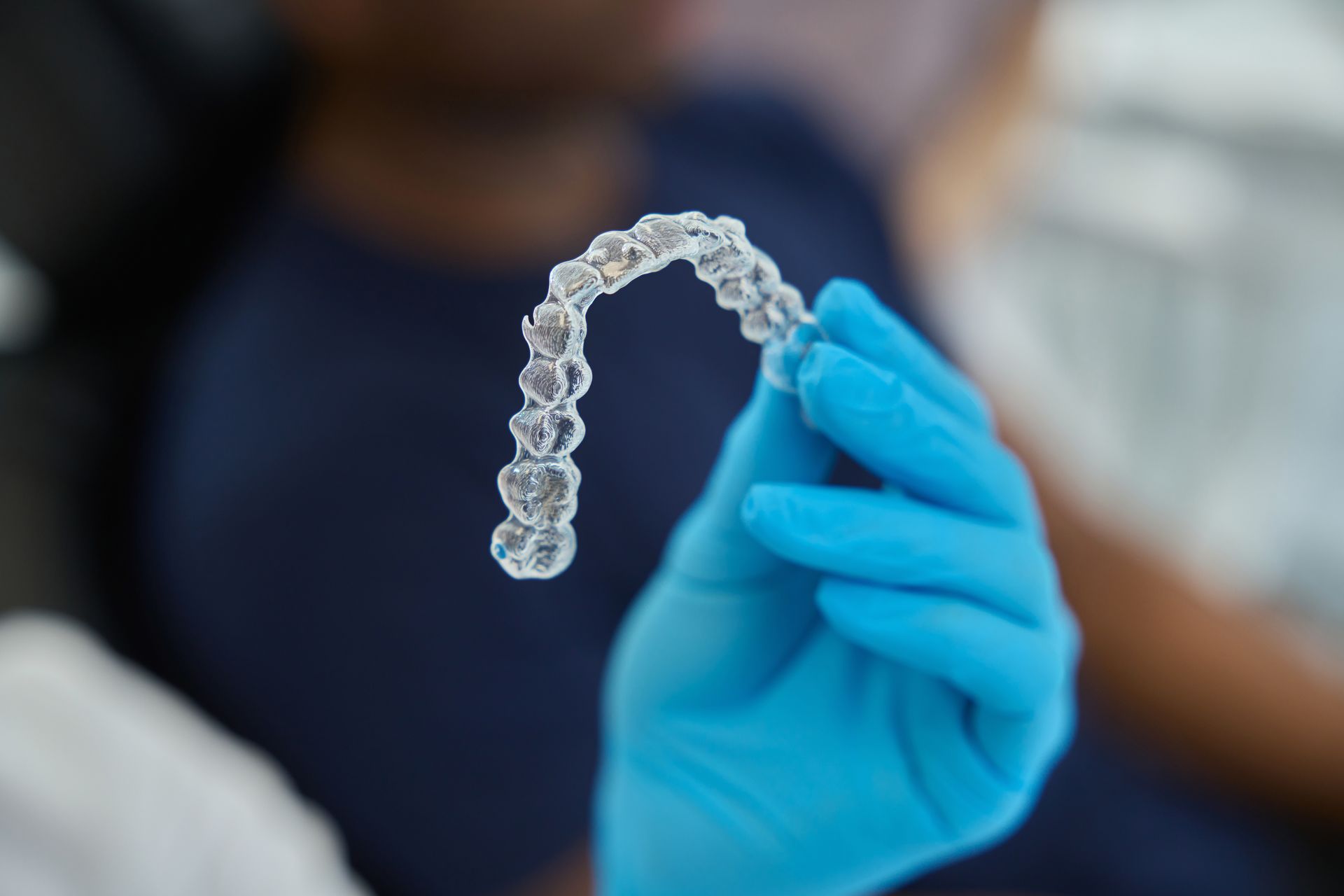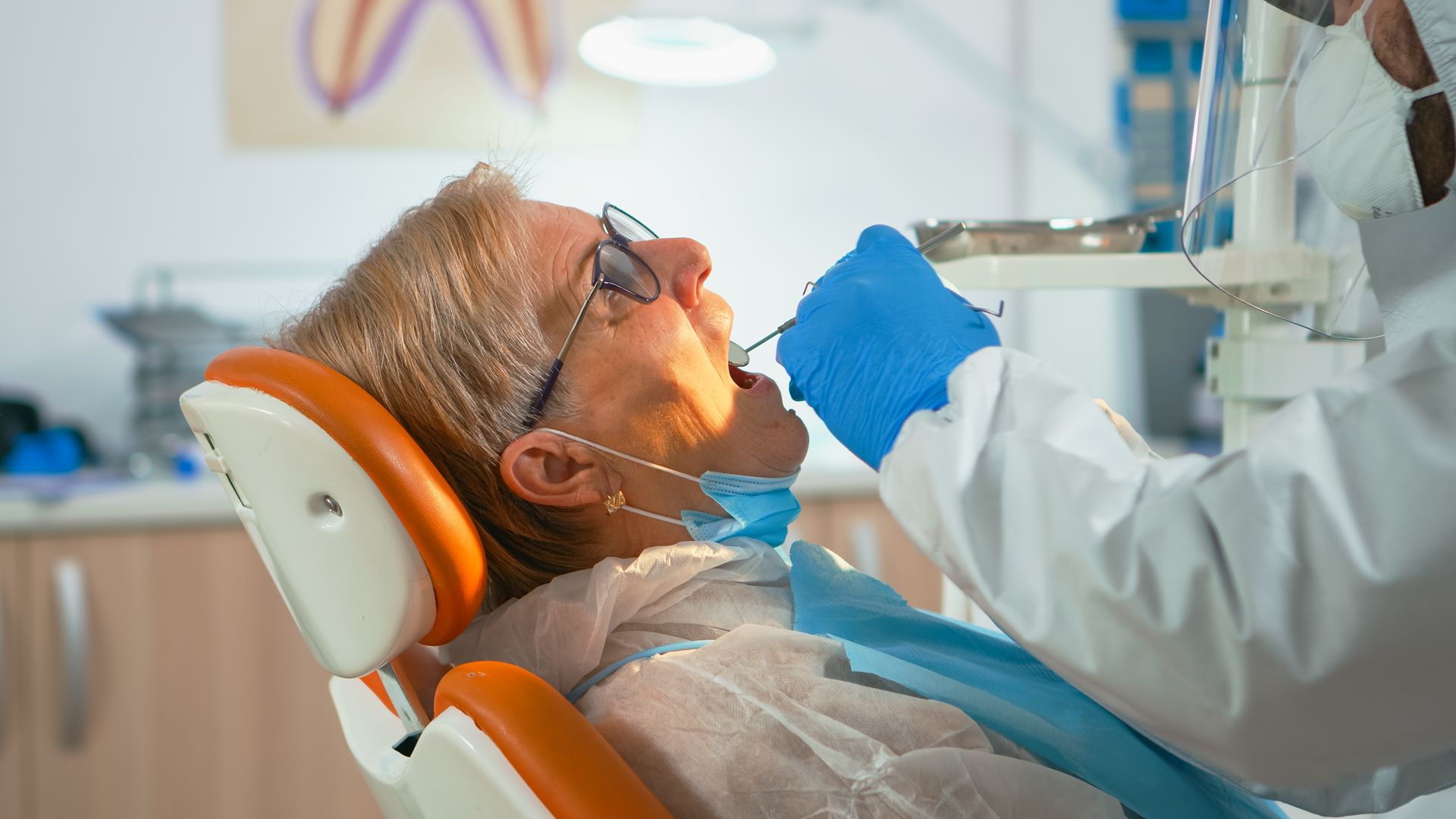Is Iced Coffee OK After Dental Implant Surgery?

If you’ve recently had dental implant surgery, you’re probably wondering when you can return to your normal habits—like enjoying a refreshing iced coffee. The short answer? Yes, but with caution. Let’s walk through everything you need to know about drinking iced coffee after dental implant surgery, so you can heal comfortably without compromising your results.
Brief Overview of Dental Implant Recovery
Dental implants are a highly effective solution for replacing missing teeth, but they require a careful recovery process to ensure proper healing and long-term success. During the first few days after surgery, your body forms blood clots and begins healing the surgical site. This early stage is critical; any disruption—whether mechanical, thermal, or chemical—can interfere with healing or increase the risk of complications.
Importance of Post-Op Dietary Choices
What you consume after dental implant surgery plays a major role in how well and how quickly you recover. Foods and beverages that are too hot, acidic, chewy, or sugary can irritate the surgical area and potentially delay healing. That’s why dentists advise sticking to soft, lukewarm, and non-acidic options for at least the first few days.
Introducing Iced Coffee: What’s the Concern?
For many people, iced coffee is a daily ritual—but after dental implant surgery, it’s not just about comfort or cravings. Coffee contains caffeine, which may restrict blood vessels and potentially slow down the healing process. Additionally, coffee’s acidity can irritate oral tissues, especially right after surgery. Even though it’s cold, iced coffee isn’t automatically “safe” unless it's consumed under the right conditions.
The Role of Coffee in the Healing Process
How Caffeine Affects Healing and Blood Flow
Caffeine, though mild, is a vasoconstrictor—it narrows blood vessels and could potentially reduce blood flow to healing tissues. Reduced circulation may hinder the body’s natural ability to form healthy gum tissue around the implant.
Acidity and Temperature Matter
Coffee is naturally acidic, which can cause discomfort or irritation to sensitive post-surgical tissues. On top of that, the temperature of your drink—whether hot or cold—can cause issues. Hot beverages are particularly risky early on, but even extremely cold drinks can cause sensitivity in healing gums and surrounding areas.
Why Dentists Recommend Caution
Most oral surgeons and implant dentists suggest waiting a bit before resuming coffee, especially within the first 48–72 hours. This window allows your body to begin stabilizing the surgical site and forming blood clots essential for healing.
Hot vs. Iced Coffee After Dental Implants
Temperature Sensitivity and Irritation
Heat can dissolve blood clots and increase swelling or bleeding. While iced coffee doesn’t pose the same thermal risks, very cold drinks can still cause discomfort or numbness in the healing area.
Is Iced Coffee Safer Than Hot Coffee?
Generally, yes—but only if consumed after the initial 2–3 days of healing. Iced coffee’s lower temperature makes it less likely to disturb the surgical site compared to hot beverages, but it’s not completely without risk.
Why Lukewarm or Cold Is Often Preferred
To be safest, aim for room-temperature or slightly cool coffee instead of extreme temperatures. Lukewarm beverages are less likely to trigger sensitivity and are gentler on healing gums and tissues.
When Is It Safe to Drink Iced Coffee Again?
General Recovery Timeline
Every patient heals differently, but most dental professionals recommend waiting at least 3 days before reintroducing coffee—and even then, only in moderation. The full healing process for dental implants can take 3–6 months, but most food and drink restrictions ease significantly after the first week or two.
What to Watch For Before Resuming
Before sipping iced coffee again, make sure:
- Swelling and bleeding have subsided
- The implant site feels stable and pain-free
- You’re not experiencing any sensitivity or discomfort while drinking other cold beverages
Tips for Reintroducing Iced Coffee Safely
- Use a Straw: This minimizes contact with the surgical area.
- Skip Sugar and Cream: These can introduce bacteria or irritants to the wound site.
- Opt for Cold Brew: Cold brew coffee is typically lower in acidity than hot-brewed coffee, making it gentler on healing tissues.
- Start Slow: Begin with small sips and pay attention to how your mouth feels during and after drinking.
Foods and Drinks to Avoid During Recovery
Beverages That Can Delay Healing
- Hot tea or coffee
- Alcohol
- Carbonated sodas
- Acidic juices (like orange or grapefruit)
Foods to Avoid in the First Few Days
- Crunchy snacks (chips, nuts)
- Chewy or sticky foods (caramel, gum)
- Spicy dishes
- Anything that requires biting directly with the implant area
Safer Alternatives
- Cool or lukewarm herbal teas
- Smoothies (without seeds or citrus)
- Soft foods like yogurt, mashed potatoes, or applesauce
Signs You’re Healing Properly
Normal Symptoms
- Mild swelling and discomfort
- Minor bleeding for the first 24 hours
- Gradual return to normal function after a few days
When to Contact Your Dentist
- Persistent pain or swelling after 3–4 days
- Signs of infection (fever, pus, foul odor)
- Loose feeling in the implant area
The Importance of Follow-Up Appointments
Attending scheduled follow-ups helps ensure your implant is integrating properly and allows your provider to advise you on when it’s safe to return to all your usual routines—including your favorite iced coffee.
Conclusion
So, can you drink iced coffee after dental implant surgery? Yes—but timing, temperature, and moderation are key. Wait at least 48–72 hours post-op, avoid additives that may irritate healing tissue, and when in doubt, ask your dentist for personalized advice. Taking these precautions ensures a smoother healing process—and gets you back to your favorite brew without complications.
Frequently Asked Questions
Can I drink iced coffee immediately after dental implant surgery?
No, it’s best to avoid iced coffee for at least the first 48–72 hours after surgery. Both temperature and caffeine can interfere with healing during this critical early phase.
Why is coffee, even iced, discouraged after dental implants?
Coffee is acidic and contains caffeine, which can slow healing. Iced coffee, while cooler than hot coffee, may still irritate the surgical site and should be reintroduced cautiously.
When can I safely start drinking iced coffee again?
Most patients can safely resume iced coffee about 3 days after surgery, once bleeding stops and discomfort subsides. Always confirm with your dentist based on your healing progress.
How can I make iced coffee safer to drink after my procedure?
Drink it through a straw to minimize contact with the surgical site, choose low-acid cold brew, and avoid adding sugar or cream until healing is further along.
What symptoms should I watch for before drinking iced coffee again?
Wait until swelling has gone down, pain is minimal, and there are no signs of infection. If you're unsure, consult your dentist before reintroducing coffee.



